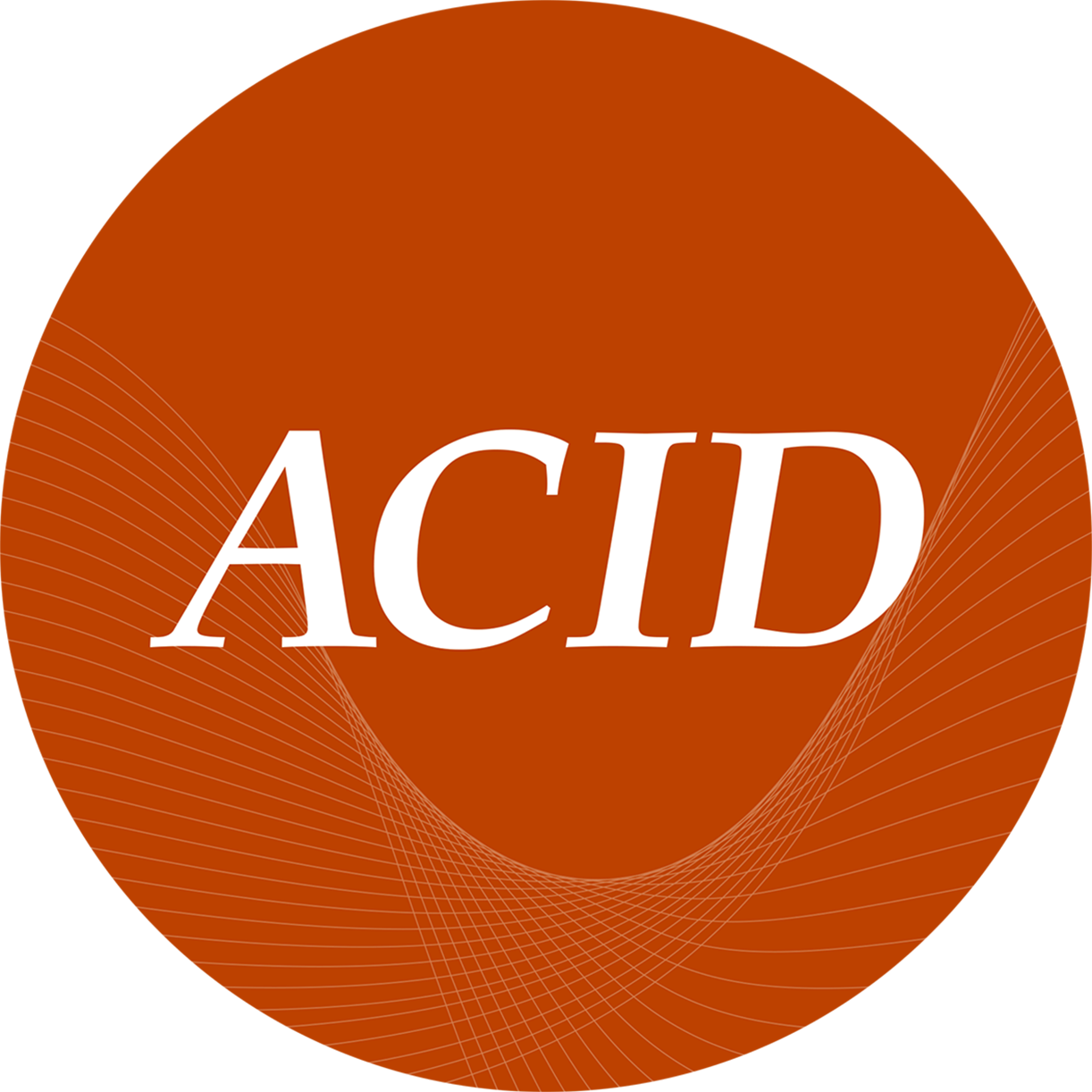Dr. Bo Li is an Associate Professor and Master’s Supervisor at Chongqing Normal University. He is a member of the Jiusan Society, Standing Member of the Chongqing Bioinformatics Society, and a Young Editorial Board Member of iMeta Journal. He serves as a reviewer for several SCI journals, including Nucleic Acids Research, Briefings in Bioinformatics, Trends in Food Science & Technology, Journal of Advanced Research, and Analytical Chemistry. Dr. Li received his Ph.D. in Bioinformatics field (2013–2017) and M.Sc. in Biophysics (2010–2013) from Chongqing University, following a B.Sc. in Bioengineering from Northwest A&F University (1999–2003). His interdisciplinary academic training laid a solid foundation for his later work in computational biology and biomedical data analysis. His research focuses on the development and evaluation of computational methods for high-dimensional biological data, particularly in cancer-related studies. His work bridges algorithmic innovation with biomedical applications, aiming to better understand disease mechanisms and support therapeutic discovery. Dr. Li’s contributions span three main areas: (1) developing algorithms for single-cell and spatial transcriptomics; (2) benchmarking tools for gene expression analysis, normalization, and network-based prediction; and (3) interpreting transcriptomic and epigenomic data in the context of tumor progression, immune microenvironments, and drug repurposing. His recent works include a comprehensive evaluation framework for simulating single-cell and spatial transcriptomic datasets (Genome Biology, 2024), and a perspective article on deriving biological insights from differentially expressed genes in cancer and inflammatory diseases (Journal of Advanced Research, 2025). Dr. Li has also contributed significantly to drug repositioning using heterogeneous molecular networks (Briefings in Bioinformatics, 2024), and led multiple studies addressing the interface between quantitative modeling and biological function. To date, he has published over 60 peer-reviewed articles, including nine in journals with impact factors above 10, with many as first or corresponding author. His long-term goal is to advance integrative bioinformatics methods that support tumor classification and precision oncology.










